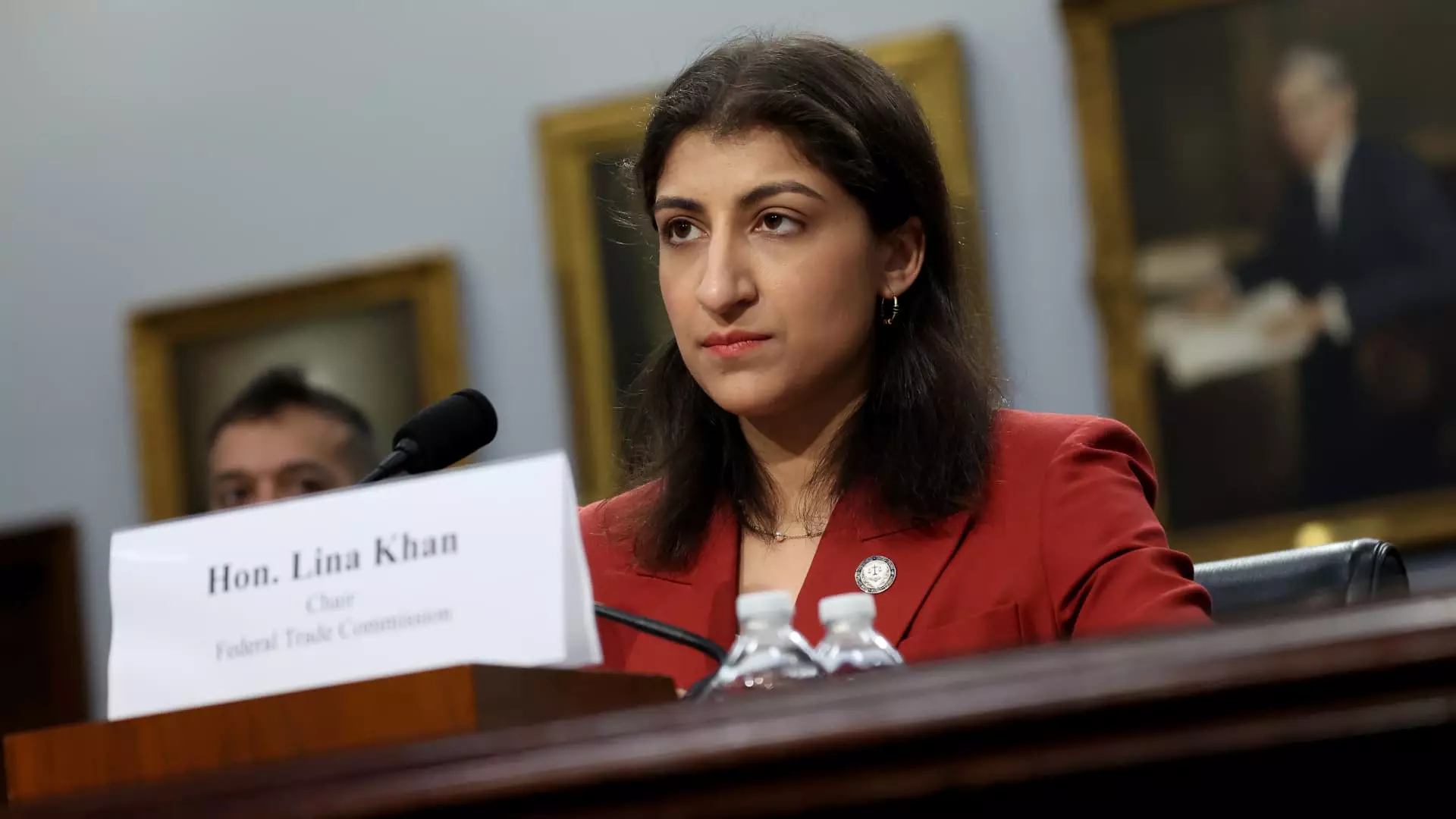In a significant development, the Federal Trade Commission (FTC) has initiated legal action against three major pharmacy benefit managers (PBMs) in the United States—UnitedHealth Group’s Optum Rx, CVS Health’s Caremark, and Cigna’s Express Scripts. This lawsuit marks a pivotal moment in the ongoing struggle over insulin pricing, spotlighting the contentious role these middlemen play in the pharmaceutical supply chain. The FTC alleges that these entities engage in practices that enhance their profit margins at the expense of patients, thereby creating an “artificial” inflation of insulin costs.
Collectively, these three PBMs control around 80% of the nation’s prescription drugs, demonstrating their immense influence. Notably, the lawsuit also addresses the affiliated group purchasing organizations connected to each PBM, which negotiate drug purchases for healthcare providers, amplifying the ethical implications surrounding their operations. The FTC’s intervention is part of a broader examination of industrial practices within the pharmaceutical realm, an area they have scrutinized closely since 2022.
The implications of rising insulin prices are profound, particularly for the approximately eight million Americans living with diabetes who rely on this life-sustaining medication. Reports indicate that many patients are forced to ration their insulin due to escalating costs, creating a dire public health concern. Rahul Rao, the deputy director of the FTC’s Bureau of Competition, articulated the agency’s stance, stating, “Millions of Americans with diabetes need insulin to survive, yet for many of these vulnerable patients, their insulin drug costs have skyrocketed.”
The lawsuit is not merely a procedural formality; it aims to rectify exploitative practices that have been perpetuated by what the FTC describes as the “Big Three” PBMs. By creating a system that prioritizes high rebates from drug manufacturers, these PBMs purportedly favor higher list prices for insulin products, thereby driving up costs for patients. This worrying trend raises the question: can the current healthcare infrastructure be reformed to prioritize patient well-being over profit?
The FTC’s allegations come on the heels of significant legislative efforts, including President Biden’s Inflation Reduction Act, which caps insulin prices for Medicare beneficiaries at $35 per month. However, this cap does not extend to individuals with private insurance, thereby leaving many vulnerable patients vulnerable to exorbitant costs. This gap indicates a discontinuity in healthcare accessibility, underscoring an urgent need for comprehensive reforms that encompass all patients, regardless of their insurance status.
Moreover, the three PBMs are linked intricately to powerful drug manufacturers—Eli Lilly, Sanofi, and Novo Nordisk—who dominate the U.S. insulin market with roughly 90% control. The FTC has indicated that future legal actions may target these manufacturers as well, citing their role in higher list prices. A striking example of this trend is Eli Lilly’s Humalog insulin, which has seen a staggering price increase of more than 1,200% since 1999.
By illuminating these predatory practices, the FTC’s lawsuit may push for enhanced transparency across the industry, compelling PBMs, insurers, and pharmaceutical companies to adopt fairer pricing strategies. As the public outcry against inflated drug prices continues to intensify, the pressure to reform a broken system grows stronger.
Responses from the accused PBMs reflect a mix of defiance and criticism towards the FTC’s allegations. A spokesperson for CVS Health’s Caremark emphasized their commitment to affordability and branded the FTC’s claims as misleading. Meanwhile, Express Scripts described the lawsuit as an extension of what they deem unfounded attacks against the PBM sector, having already filed suit against the FTC over prior reporting.
Such defensive reactions highlight a potential disconnect; while these organizations assert their efforts to control rising drug prices, the growing frustrations among the public suggest that many patients experience the opposite reality. The legal disputes and counterclaims underline a climate of mistrust, where stakeholders are grappling to stake their claims on a rapidly evolving landscape.
As debates swirl around drug pricing and the role of PBMs, the ultimate goal should remain clear: to ensure that all patients receive the medications they need without facing financial ruin. The FTC’s actions signal an important step towards addressing systemic issues within the industry, yet significant challenges lie ahead.
The trajectory of this lawsuit could reverberate well beyond insulin pricing—it may initiate a broader reevaluation of how pharmaceutical pricing is structured in the United States. If successful, the FTC may usher in a new era of accountability for PBMs and drug manufacturers alike, one that prioritizes patient welfare above all. As the healthcare landscape continues to evolve, the vigilant watch of regulatory bodies will be crucial in fostering a system that champions affordability, accessibility, and health equity for all American citizens.

